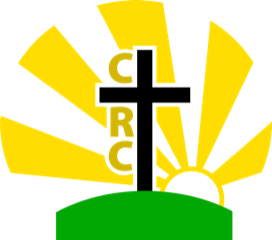Rom 4:17 ESV - as it is written, "I have made you the father of many nations"--in the presence of the God in whom he believed, who gives life to the dead and calls into existence the things that do not exist.
This is one of the most misquoted, misapplied, misappropriated, and just flat out missed Scriptures in the whole Bible over the last few decades. For the life of me, I don’t know why though. It reads VERY simply. Read it closely. Now let me ask you…WHO calls things into existence?
Let’s see…
- In the presence of…well….GOD!
- In whom he believed…that would be Abraham's believing in (and us too)…GOD!
- Who gives life to the dead…who does that? GOD!
- Therefore who calls things into existence…the things that do not exist...in context? GOD!
WE don’t. HE does.
True biblical faith asks, believes, and trusts in the Sovereignty of God. It never presumes to command God, but rather trusts in His will and grace. Asking in Jesus’ Name is not a magic formula. The inclusion of His Name means “according to His will.” (1 John 5:14) How a Christian can possibly believe that God is somehow locked out of the earth (that He created and rules!) and can do nothing (He is omnipotent!) unless we (fallible, sinful, prone to ask amiss humans) "authorize it" is beyond me.
I had hoped the recession would strike a critical blow to the imbalances of word/faith heresies in our area. I guess not, as people are still being taught to “speak” whatever they want into existence. And many seem to love it…..sigh.
2 Timothy 4:3-4 ESV - For the time is coming when people will not endure sound teaching, but having itching ears they will accumulate for themselves teachers to suit their own passions, (4) and will turn away from listening to the truth and wander off into myths.
